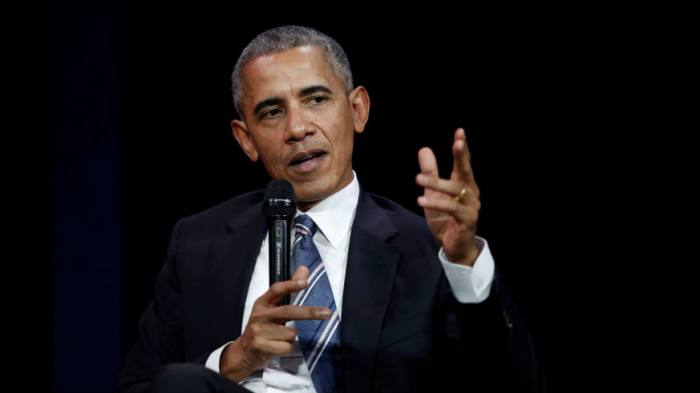Over the past few weeks, numerous actresses have come forward to detail their stories of surviving sexual abuse at the hands of one of the most powerful men in Hollywood, Harvey Weinstein. In the midst of these accusations Weinstein has been forced to step down from his powerhouse production company, may face criminal charges for his actions, and several more men at the top have been exposed as sexual predators (and we aren’t just looking at crimes against women, former president Frank Underwood). These harrowing stories often stay silent because of power dynamics (and sometimes nondisclosure agreements associated with settlements), but given the strength of those who have come forward shouldn’t we ‘out’ offenders? And how are we meant to know who to protect ourselves from?
Tim Cole, the CEO of Compass Alliance and author of the new book “The Compass Solution,” has this to say about the epidemic: “Someone once told me that fame and success are like salt water — the more you drink it the thirstier you get. And if you’re not careful, it leads to madness and abuse of power.” He explains that someone with that amount of power that Weinstein had usually acts inappropriately once they’ve decided they’re more important than the product, company, and people they work with. This inflated sense of worth makes them feel above the law and can lead to them getting away with terrible things due to their status at the company or within the industry.
Knowing that enormous sums of money have been paid out in order to hide sexual transgressions, how is it that those in a predator’s inner circle don’t blow the whistle? Cole believes this is most likely because Weinstein and the like surround themselves with a group he refers to in his book as “toadies.” These people are the shameless sycophant, yes-people who will do anything to please a tyrannical boss in order to get ahead.
He believes the willingness of these toadies to cover for their bosses is clear. “Why would they do that? ” he asks, “because of survival, self-preservation, job opportunities. They’ve decided that all of those things are more important than doing what’s right and saying ‘no, you can’t do this, it’s wrong and I’m not going to allow it to happen.’ But people look at that often times and say ‘well, I’ll sacrifice my values for that paycheck’… I will guarantee you that when this unfolds, and I don’t know the particulars but if it turns out to be as egregious as described (in the Weinstein case), there’ll be a long list of toadies who could’ve done something, who should have done something and opted to do nothing.”
So what can the rest of us with working moral compasses do to put an end to this rampant abuse of power? What about the Weinsteins in our own offices? Cole believes that it’s our responsibility to stand up. Once you’ve noticed offensive behavior in your workplace, speak to human resources as soon as possible. And if you’re working for minimum wage in an environment that doesn’t have an HR department (like the service industry), take things straight to corporate (the McDonald’s on Broadway may not have a comforting voice there to protect your rights as a person and employee, but headquarters in Oak Brook, Illinois sure does).
If you’re scared of your boss catching wind of a complaint, document everything and start looking for another job — a paycheck isn’t worth the abuse. Once you’re free to quit you can publish your evidence and help protect future employees. “The worst thing you can do in those situations is simply to allow it to fester,” says Cole, “because what happens is that tyrant only grows in power and you see a continuation of the same behaviors and that’s when you’re really in a caustic and septic environment that’s not sustainable.”



















